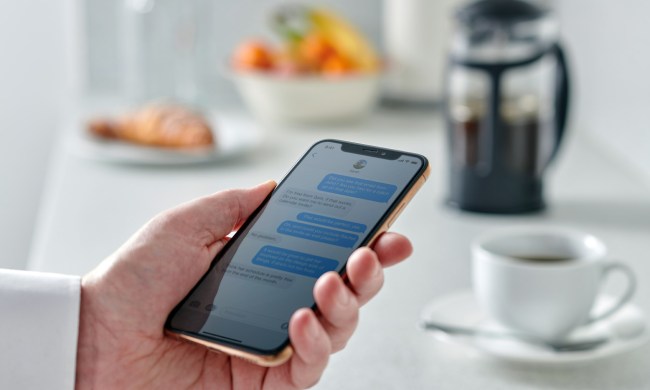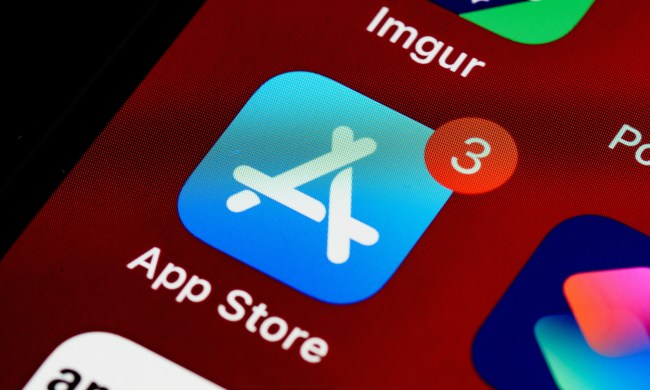The U.S. Department of Justice has ordered Google and Apple to turn over personal data of users of a gun scope app, according to a report from Forbes.
The app, Obsidian 4, is used to remotely operate rifle scopes and is made by by American Technologies Network Corp (ATN), a manufacturing company that specializes in thermal rifle scopes. As of Friday, it had been downloaded more than 10,000 times on the Android Play Store. The app enables users to watch a live stream or take pictures and videos from the scope using their Android and iOS phones.
The court order, filed by the Justice Department on September 5, reveals that both Apple and Google have been asked to supply names, phone numbers, IP addresses, and other identifying data of anyone who has installed the Obsidian 4 app since August 1, 2017.
The move is said to be a part of a broader investigation by Immigration and Customs Enforcement (ICE), which is policing illegal exports of rifle scopes. The app’s demographics data, the government believes, will lead them to areas outside the United States where ATN’s hardware is being employed and unearth information on gun owners who potentially might have violated the weapons export regulations.
Court documents obtained by the Forbes suggest the probe was launched after the International Traffic in Arms Regulation (ITAR) seized a series of illegal ATN shipments to Canada, the Netherlands and Hong Kong.
“This pattern of unlawful, attempted exports of this rifle scope in combination with the manner in which the ATN Obsidian 4 application is paired with this scope manufactured by Company A supports the conclusion that the information requested herein will assist the government in identifying networks engaged in the unlawful export of this rifle scope through identifying end users located in countries to which export of this item is restricted,” the government order reads.
This is the first time Google and Apple have been directed to give up user data for a single third-party app — at least that we know about. Agreeing to the request’s vast scope could mean the companies will have to relinquish sensitive information of thousands — most of whom likely have nothing to do with the investigation.
Google and Apple have been put in similar quagmires before by the U.S. government. In the past, the FBI repeatedly hounded Apple to help them unlock a shooting suspect’s iPhone, though the company did not cooperate.
We’ve reached out to Google, Apple, ATN, and the Department of Justice for additional details and will update this story if we get a response.



